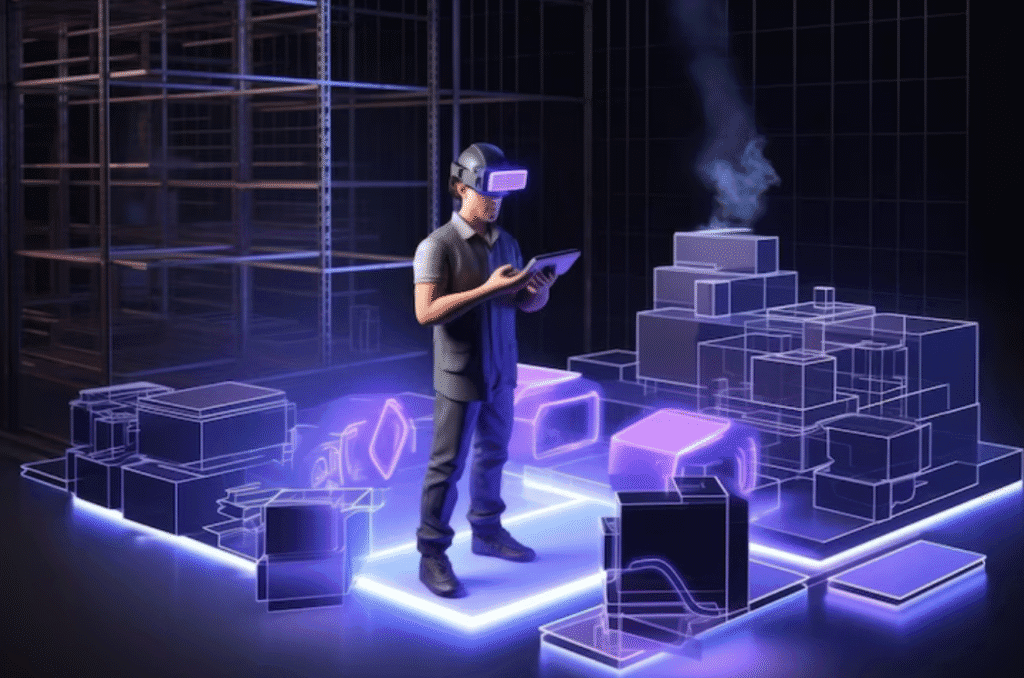1. Hyper-Immersive Gameplay: AR, VR, and XR Integration
Industry leaders predict that augmented reality (AR), virtual reality (VR), and extended reality (XR) will move beyond novelty and become integral parts of mobile gaming. With the advent of more powerful smartphones and AR glasses, developers are creating experiences that blend the real world with virtual elements.
Perspective:
“AR and XR will redefine mobile gaming, turning our everyday surroundings into interactive playgrounds. We expect more location-based games and real-time multiplayer AR experiences.” — Sophie Lin, AR/VR Game Developer
2. AI-Powered Personalization and Dynamic Content
Artificial intelligence is transforming how games are designed, played, and monetized. In 2025, AI-driven content generation—such as procedural worlds, adaptive challenges, and player-specific narratives—will become mainstream.
Perspective:
“AI will allow us to create games that adapt to each player’s style, ensuring every experience feels unique. This personalization will drive engagement like never before.” — Alex Martinez, Lead Game Designer
3. Cross-Platform Ecosystems and Cloud Gaming
Mobile gaming is no longer limited to mobile devices. The rise of cloud gaming services and cross-platform integration means players can seamlessly switch between phones, consoles, and PCs.
Perspective:
“The future is platform-agnostic. Players want freedom to play on any device, and cloud gaming services are making that a reality. Expect tighter integration and more cross-play features.” — Rajiv Patel, Industry Analyst
4. Monetization Shifts: Beyond Ads and Microtransactions
While ads and microtransactions still dominate, 2025 sees a push toward subscription models, battle passes, and direct-to-consumer purchases. Games are also exploring blockchain-based assets and play-to-earn models, despite regulatory uncertainties.
Perspective:
“Gamers are becoming more selective about how they spend. Transparent monetization, fair rewards, and ethical design will separate the winners from the rest.” — Linda Gomez, Monetization Strategist
5. Social and Community-Centric Gaming
Games in 2025 are evolving into social hubs, blending gaming with social networking. Features like voice chat, shared spaces, guild systems, and UGC (user-generated content) are becoming core mechanics.
Perspective:
“Games are no longer just games—they’re becoming places where people gather, socialize, and express themselves. We expect even more integration of social media and community-driven content.” — Tom Lee, Community Manager
6. Focus on Diversity, Inclusion, and Wellness
The industry is responding to calls for diverse representation, inclusive narratives, and healthier gaming practices. Studios are prioritizing accessibility features, mental health tools, and diverse character options.
Perspective:
“We can’t afford to ignore the human side of gaming. Games must reflect the diversity of players, and promote healthy play habits through features like break reminders and wellness tracking.” — Kira Johnson, UX Designer
7. Sustainability and Green Gaming Initiatives
Sustainability is becoming a priority, with studios seeking ways to reduce energy consumption, optimize data usage, and minimize their carbon footprint.
Perspective:
“Gamers care about the planet, and so should we. Expect more games to highlight sustainability in their themes and operations, from greener servers to in-game eco-awareness events.” — Michael Chang, GreenTech Advisor.




